Search
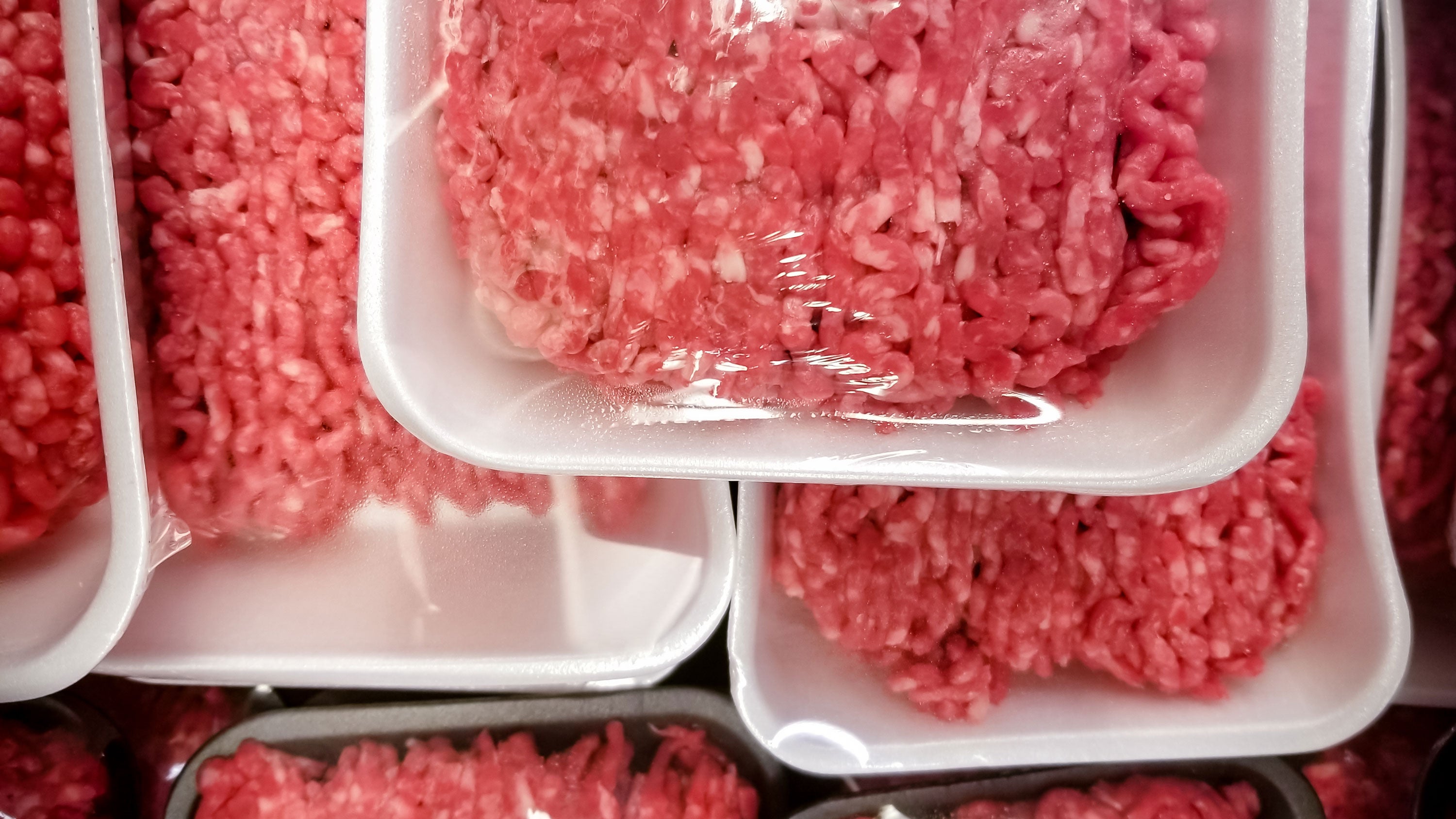
Frequently Asked Questions (FAQs) About Serving Bison and Beef in USDA Child Nutrition Programs in South Dakota
This FAQ document provides responses to commonly asked questions about serving beef and bison in South Dakota Child Nutrition Program (CNP) meals and snacks.
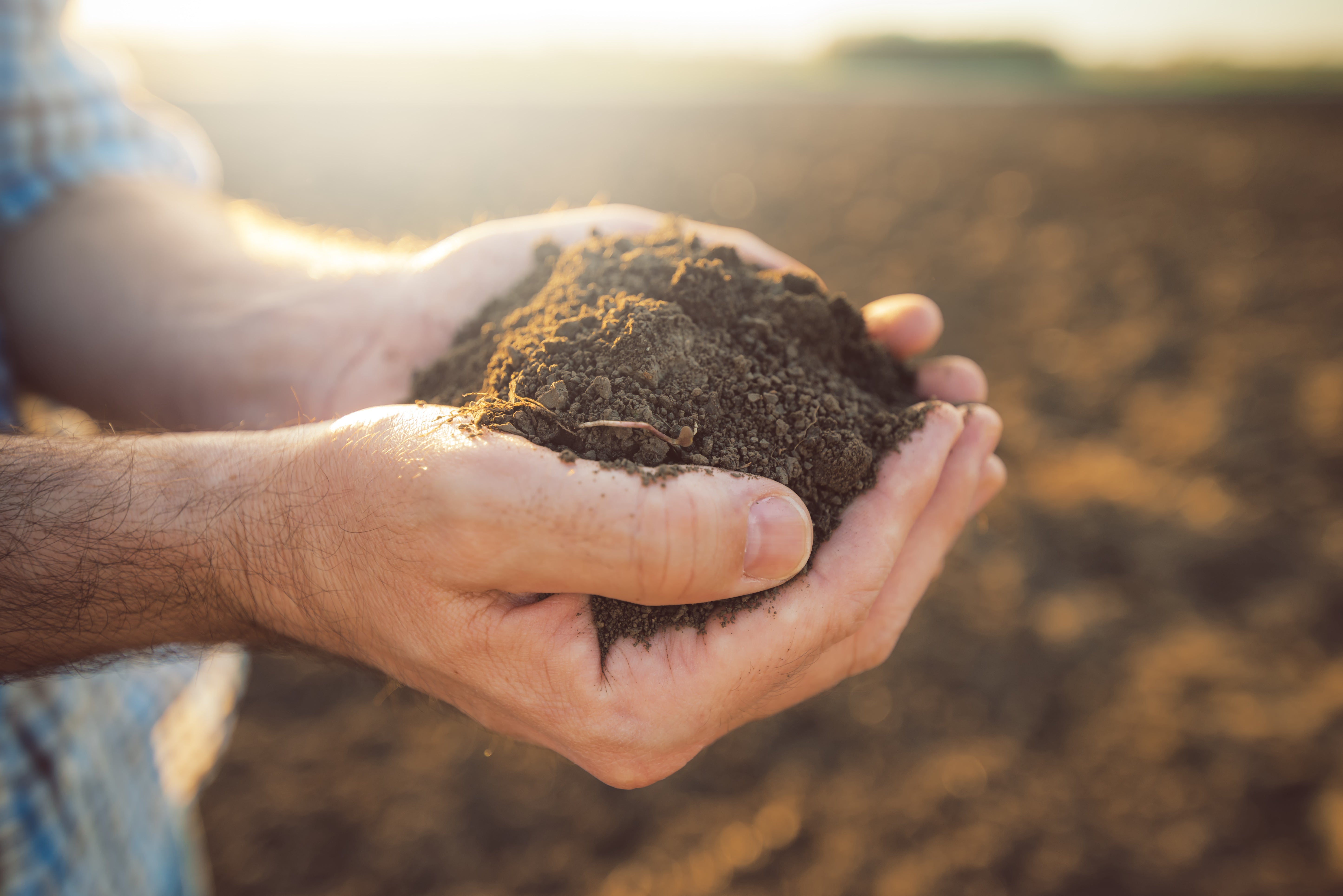
Optimal Design Drainage Rates for Eastern South Dakota
Fact sheet for the optimal design drainage rates for Eastern South Dakota.
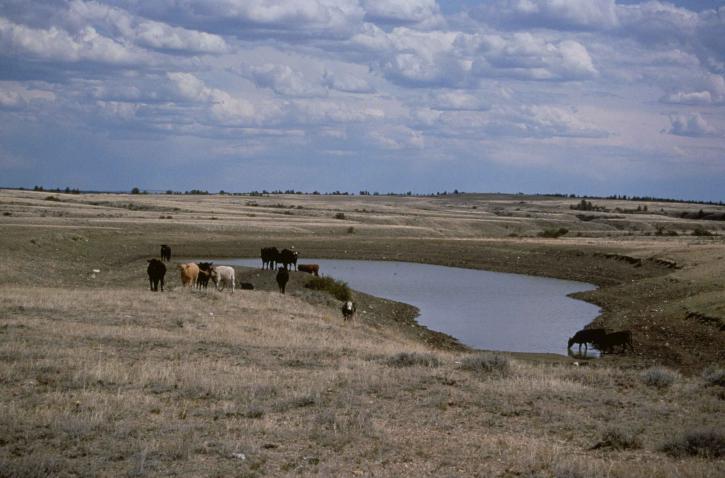
Ranch Drought Planning
Fact sheet with general drought planning tips from the range and natural resource perspective.

Understanding Western South Dakota Prairie Streams
This document provides information and guidance for landowners and land managers in western South Dakota who are managing small intermittent streams.

South Dakota Water and Community Symposium to be Held July 26
July 22, 2022
SDSU Extension will host a one-day South Dakota Water and Community Symposium on Tuesday, July 26 from 9:30 a.m. – 2:30 p.m. CDT at the Raven Precision Agriculture Center on the South Dakota State University campus in Brookings.
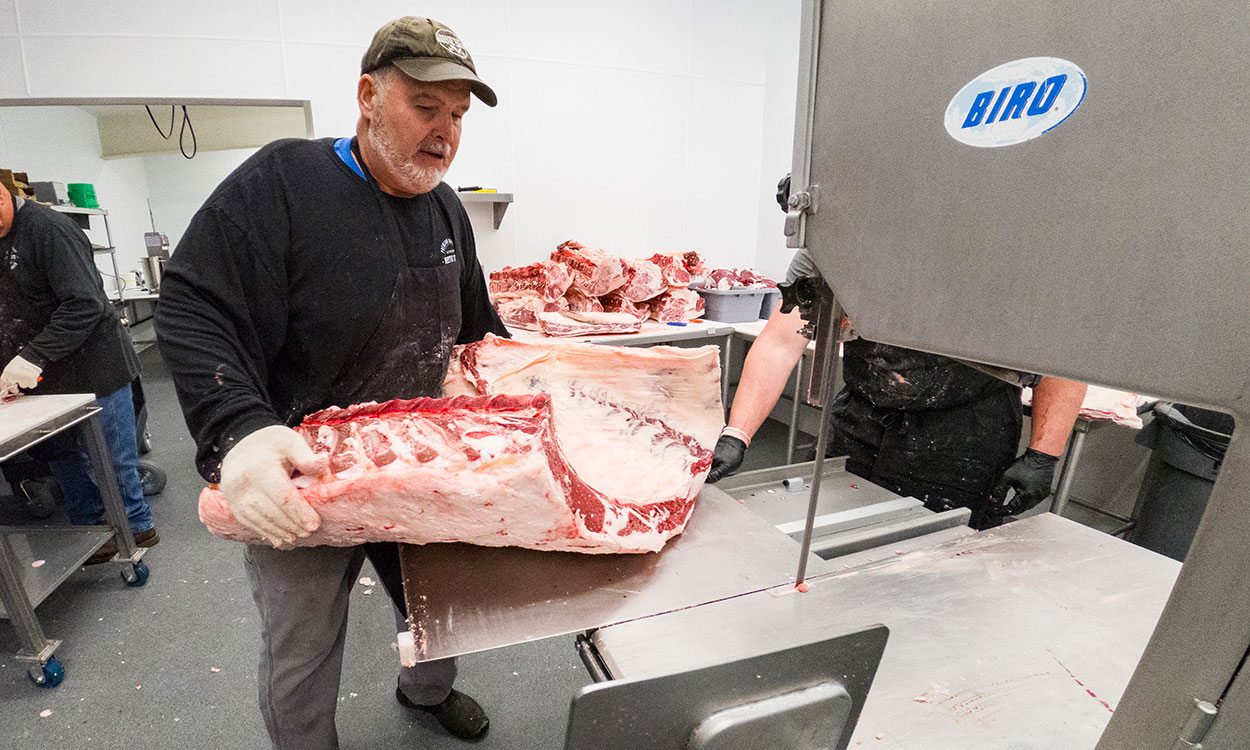
Expanded Meat and Poultry Processing Resources Available to S.D. Livestock Producers and Meat Processors
The USDA's commitment to creating a more-resilient, diverse and equitable meat and poultry processing system is making new opportunities for rancher-owned enterprises, worker-owned housing and other cooperative initiatives.
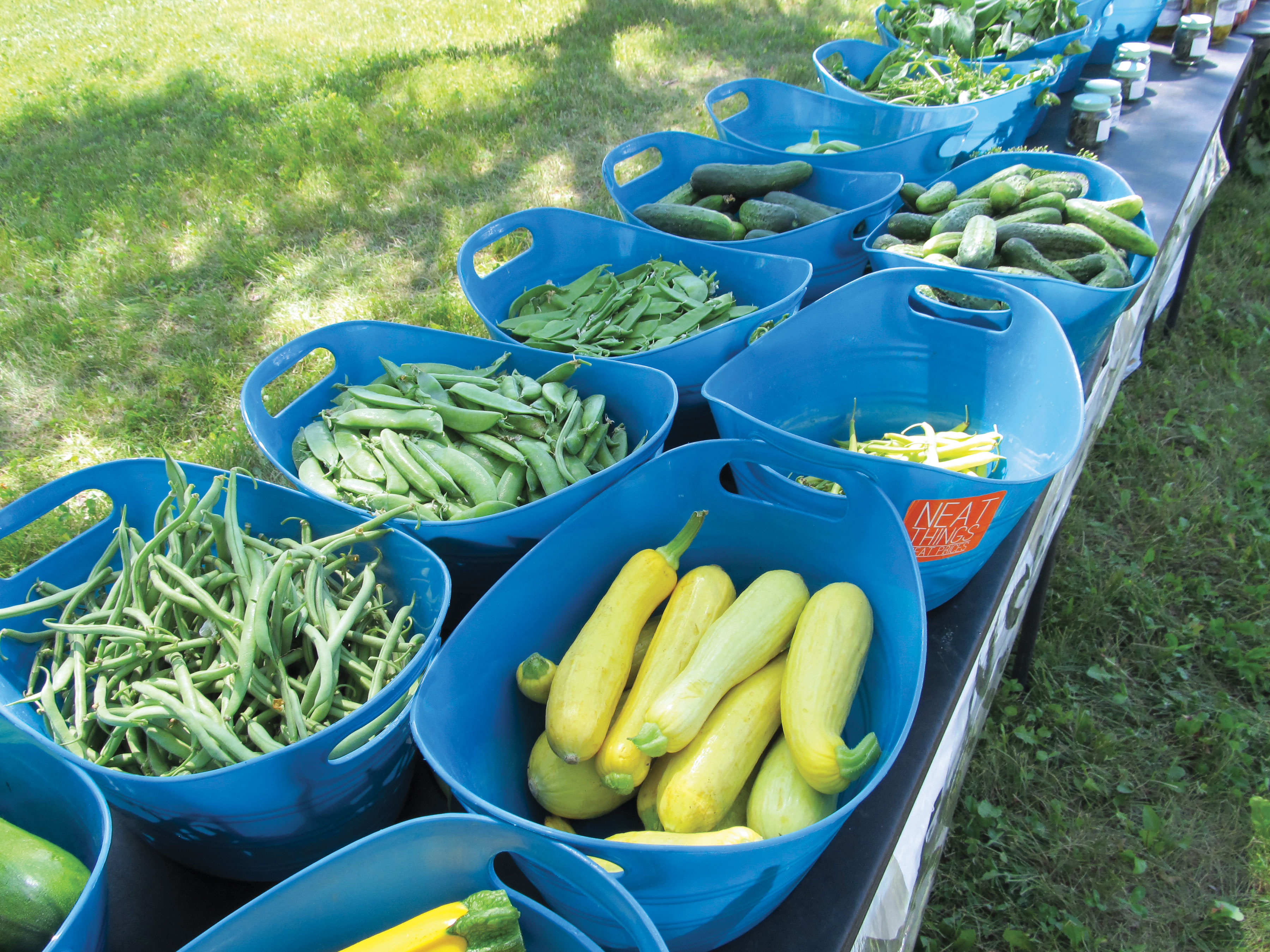
Food Safety for Farmers Markets
Food safety bulletins for farmers markets and other direct marketing vendors
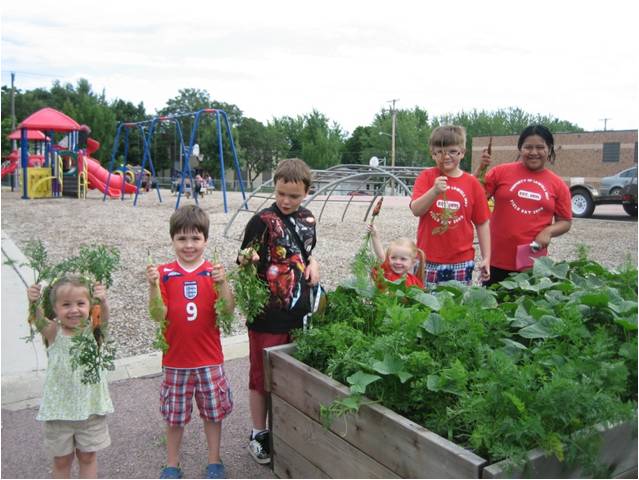
Ages & Stages in the Garden: 4-5 year olds
If considering a garden-based learning program for four to five year-old it is important to understand some of their developmental characteristics prior to planning your program. Young children’s abilities will differ greatly from older youth.
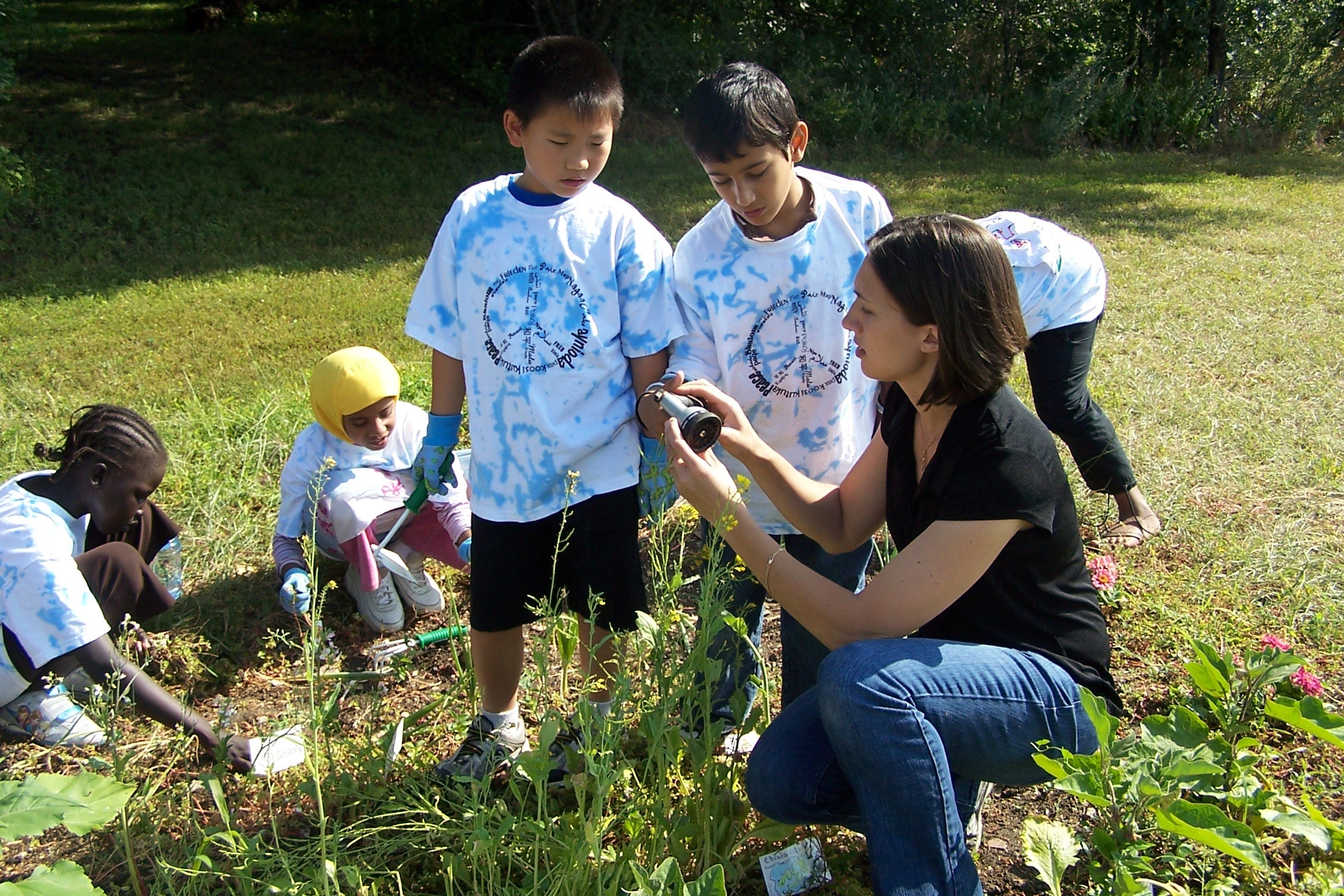
Ages & Stages in the Garden: Ages 9-11
When working with upper elementary youth in a garden consider their physical development and skill level as you develop learning activities. Nine to eleven year olds have better coordination and reaction time by this age, however sometimes dues to growth spurs there can be short-term issues with balance and coordination. Additionally, these children have more body strength and their hand dexterity has increased.